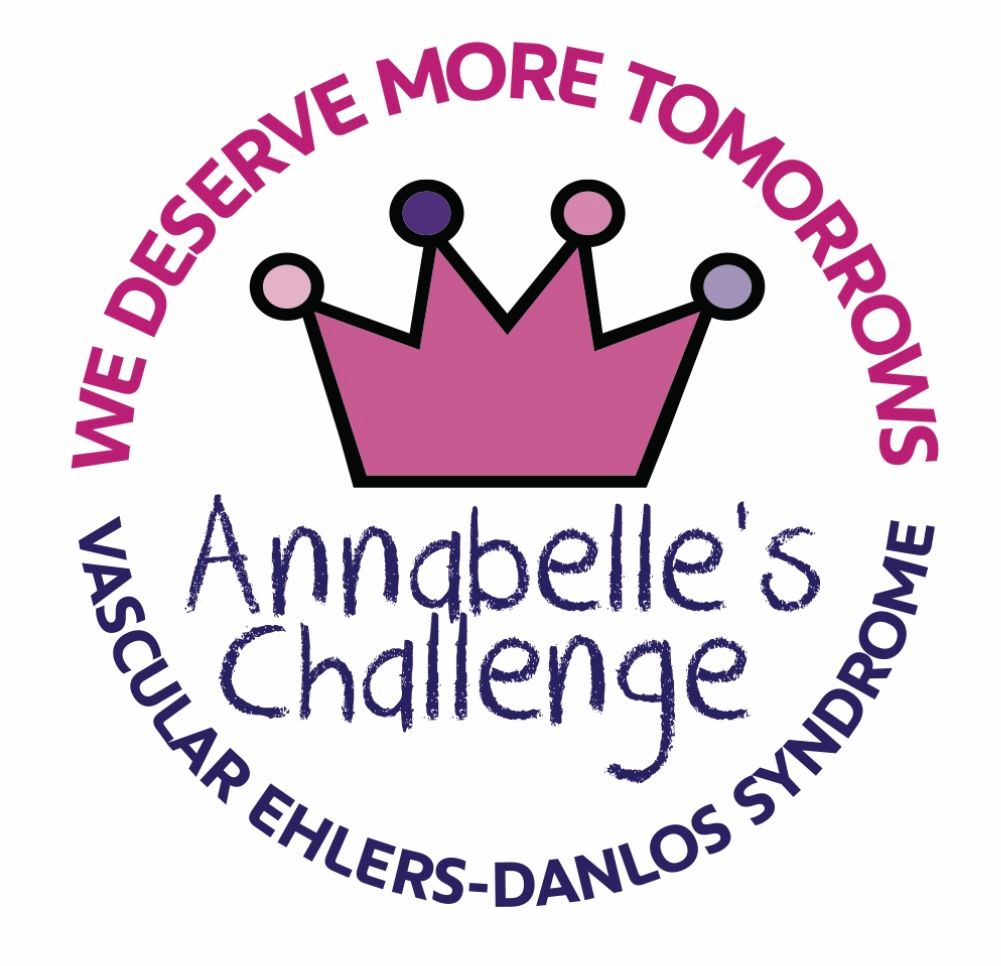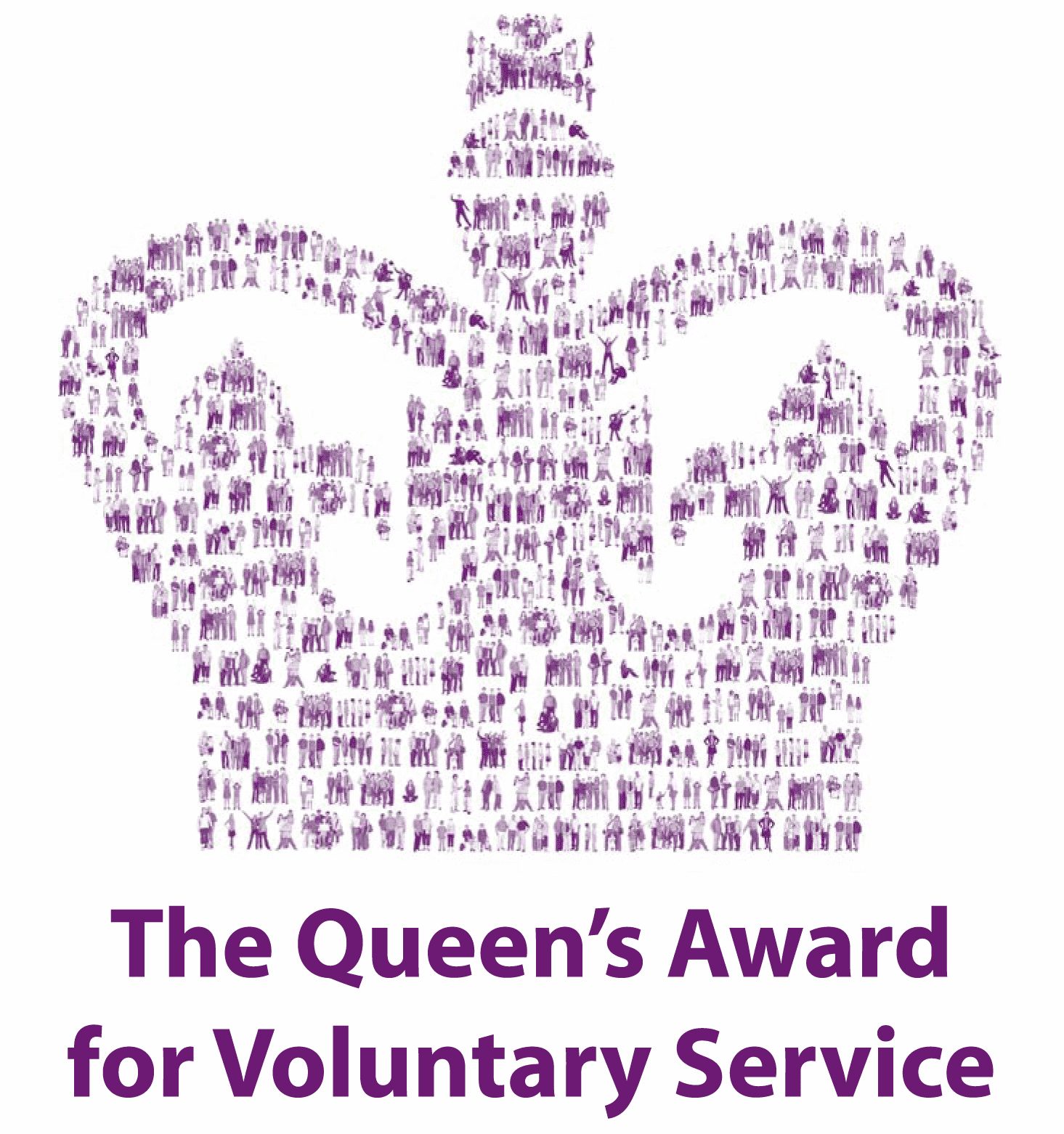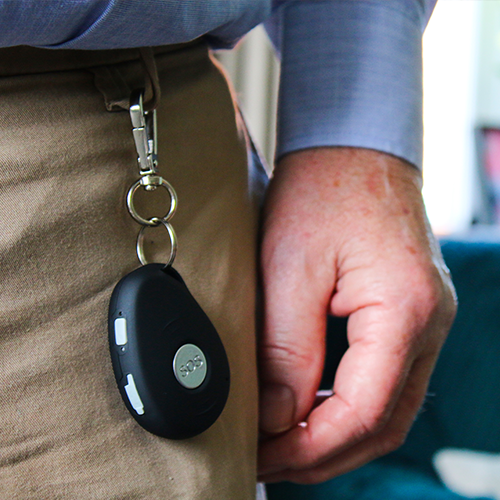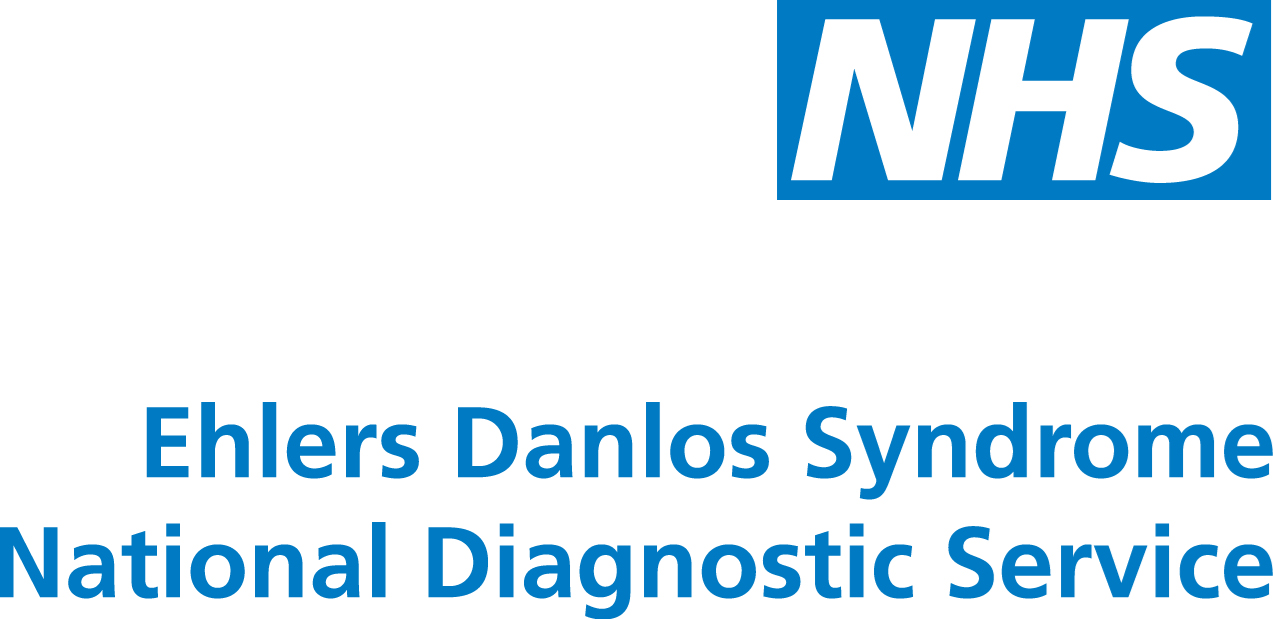Emergency Preparedness
In an emergency DO NOT CALL 111
YOU MUST CALL 999
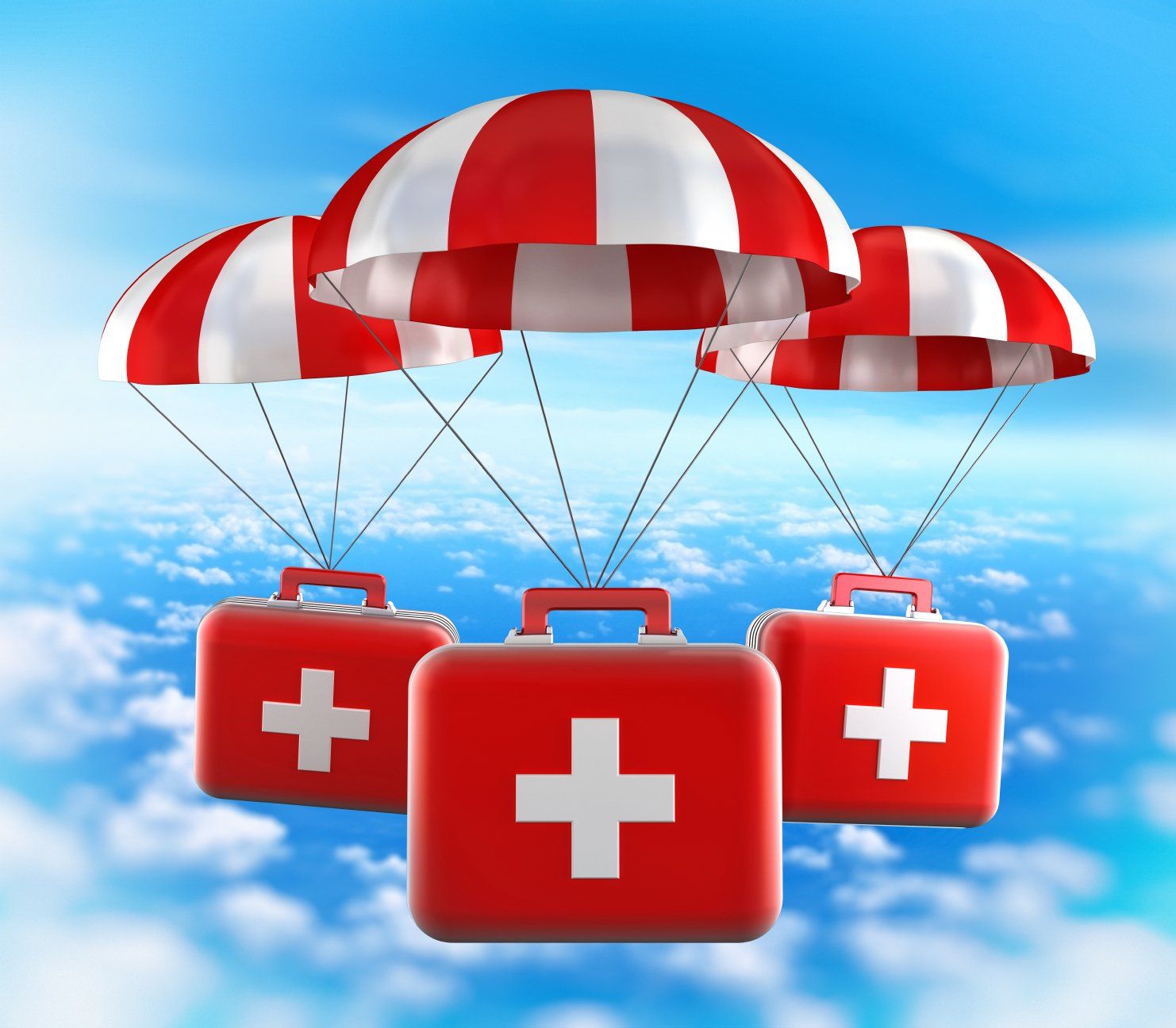
Create your VEDS Emergency Toolkit!
If you’re living with vascular EDS, it’s important to understand the possible complications that can happen because of your condition. This especially includes how to prepare you and/or a loved one for emergencies.
Emergencies can be scary for someone with vascular EDS. Will first responders know anything about your specific symptoms or diagnosis? How will emergency personnel know how to access information about vascular EDS?
Once you’re diagnosed with vascular EDS, you’ll want to ensure you’re treated correctly in a medical emergency or routine appointment using the tools and resources that are available.
What resources will help me prepare for an emergency?
If you haven’t done so already, now is the time to create or update your 'VEDS Emergency Toolkit'.
Example of available resources:
- VEDS Emergency Pack.
- Emergency Information for Medical Professionals.
- NHS blue wallet card.
- Emergency information QR code.
- Additional Information on your GP record.
- Update your GP Summary Care Record (SCR).
- VASCERN Do’s & Don’ts Factsheet.
- First aid considerations in vascular Ehlers-Danlos Syndrome.
- Request an Ambulance Marker on your home address.
- Register your mobile with 999 / 112.
- Download the what3words App.
- Add Medical ID on your smartphone.
- Medic Alert bracelet with online medical record.
- Careline365 SOS GPS Alarm.
For more information on emergency preparedness and available resources contact us on 0800 917 8495.
VEDS Emergency Pack

The VEDS Emergency Pack has been designed to give you the resource and support to help you advocate for yourself or a loved one in the event of a medical emergency or routine appointment.
The contents of this pack have been developed from the lived experience of people who have vascular EDS when accessing emergency care, it is available free to patients of Annabelle's Challenge / EDS Service and includes:
- Personalised details, next of kin, NHS/CHI number & QR code.
- Emergency Information for Medical Professionals.
- Emergency signs and symptoms.
- GP medical summary letter template.
- Care Team template.
- Patient Self-Advocacy advice.
- Emergency Preparedness.
- Free, Confidential Counselling Service information.
- Hospital inpatient alert document.
- Access to emergency information available in 16 languages.
“I was taken seriously for what felt like the first time. Staff who weren’t directly involved in my care came over to read the information in the Emergency Pack too! I can’t stress enough how important it is!”
“Received our Emergency Pack this morning and thank god they came, we have just got back from A&E. All is well but the red pack made a massive difference in their decision making and speed with getting seen”
“I had to have surgery, and every single healthcare professional enquired about the Emergency Pack and took their time to read the information. It worked so so well. I’m so impressed that everyone took it so seriously.”
“I was admitted to hospital with chest pain, thankfully nothing serious, I went armed with my Emergency Pack and the Doctor said he thought the pack was fantastic, informative and showed that as a patient I knew about my condition! I was confident for the first time in six years that they were taking the condition seriously.”
Prepare your pack
Add any updates
Carry it with you
Keep it handy
EMERGENCY INFORMATION
In an emergency DO NOT CALL 111
YOU MUST CALL 999
Signs and symptoms that require medical attention:
- Severe or continuous pain in the head, neck or abdomen which may be diffuse or localised.
- Sudden onset of bleeding.
- Unexplained swelling of a limb.
- Symptoms of a stroke (drooping of the face, arm weakness, slurred or unclear speech).
- Weakness of the limbs.
- Dizziness or loss of consciousness.
- Shortness of breath and/or difficulty breathing or speaking.
- Visual disturbance.
- Redness, pain and prominence of one or both eyes.
- The sound of pulsations in the head.
- A large bruise increasing in size.
In the event of any of the above signs and symptoms:
- CALL 999 for an ambulance / attend the Emergency Department.
- Inform the emergency services and any medical professionals of the diagnosis of Vascular Ehlers Danlos Syndrome.
- Take your VEDS Emergency Pack.
- Emergency Information for Medical Professionals must be shown to every medical professional you encounter.
- Explain the increased risk of arterial or organ rupture.
- Be aware presentation of complications in vascular EDS can be subtle and unusual.
First Aid Considerations
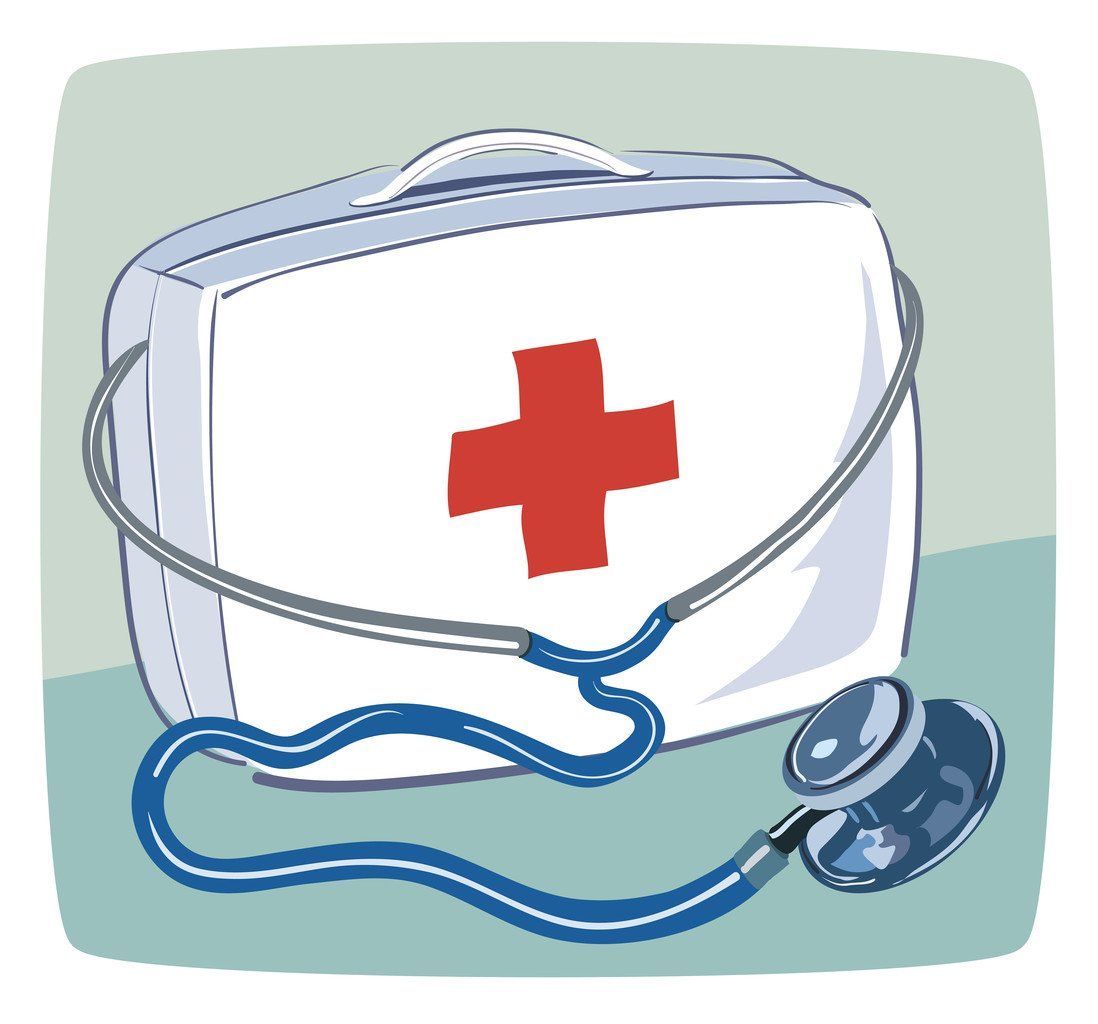
First aid considerations has been created by the Annabelle's Challenge Emergency Care Project team using lived experiences of individuals with vascular EDS and their carers.
Its intended purpose is to provide specific first aid advice on how to manage various medical situations in people with vascular EDS, with the intention of being used alongside standard first aid advice. It does not provide an exhaustive list of medical scenarios and if in doubt about how to manage a situation, we would always advise that you seek help from a medical professional.
Fluoroquinolones Warning
There is concern that a group of antibiotics known as fluoroquinolones or quinolones may have a role in causing or worsening aortic aneurysms.
In the UK, the drugs used in this group include: ciprofloxacin, levofloxacin, moxifloxacin, norfloxacin, ofloxacin and nalidixic acid. Other countries may use different drugs in this group.
Whilst not conclusive, there is enough circumstantial evidence for international medicines regulators and manufacturers to advise avoiding these drugs in patients at risk of aortic aneurysm. Patients with vascular Ehlers-Danlos Syndrome (vEDS) are in this group, although there are currently no reported cases of aortic aneurysm caused by these drugs in vEDS. However, it follows that they should be avoided in patients with vEDS.
This advice only applies to fluoroquinolones /quinolones. It does not apply to any other form of antibiotic, which should be used as prescribed. In cases of very serious infections, where these drugs can potentially be life-saving, the balance of risk and benefit may still be in favour of their short-term use. This would be a decision for the patient and their medical team.
VASCERN Do's & Don'ts Factsheets

VASCERN, the European Reference Network (ERN) for Rare Multisystemic Vascular Diseases, has created the following Do's and Don’ts factsheets for European medical professionals.
This document may be useful to help medical professionals in an emergency situation and you may wish to have it to hand with your red pack. However please be aware that European guidance may vary from that in the UK and the decisions of your health care professionals will be based on UK best practice.
Click here to learn more about VASCERN.
Register with 999

Have you registered your mobile with 999? In an emergency, if you have no phone signal you can use emergency SMS to contact the emergency services.
What is emergency SMS? If you cannot make voice calls, you can now contact the 999 or 112 emergency services by SMS text. Don't leave it until you need it, that's too late. Do it now so you're ready, just in case.
Text 'register' to 999
what3words App
Every 3 metre square of the world has been given a unique combination of three words. Used for e-commerce and delivery, navigation, emergencies and more.
Get help faster in an emergency
When it’s hard to describe where you are in an emergency, you only need to read out three words for 999 to know exactly where to find the incident.
To find you more easily in an emergency, many UK Emergency Services are encouraging you to share your 3 word address.
How do I use what3words in an emergency?
- Find the 3 word address for your current location on the free what3words app for iOS and Android. It works offline – ideal for areas with unreliable data connection.
- Share your 3 word address over the phone to the call handler.
- The emergency service can then coordinate a response directly to the exact location where help is needed.
Tranexamic Acid (TXA)
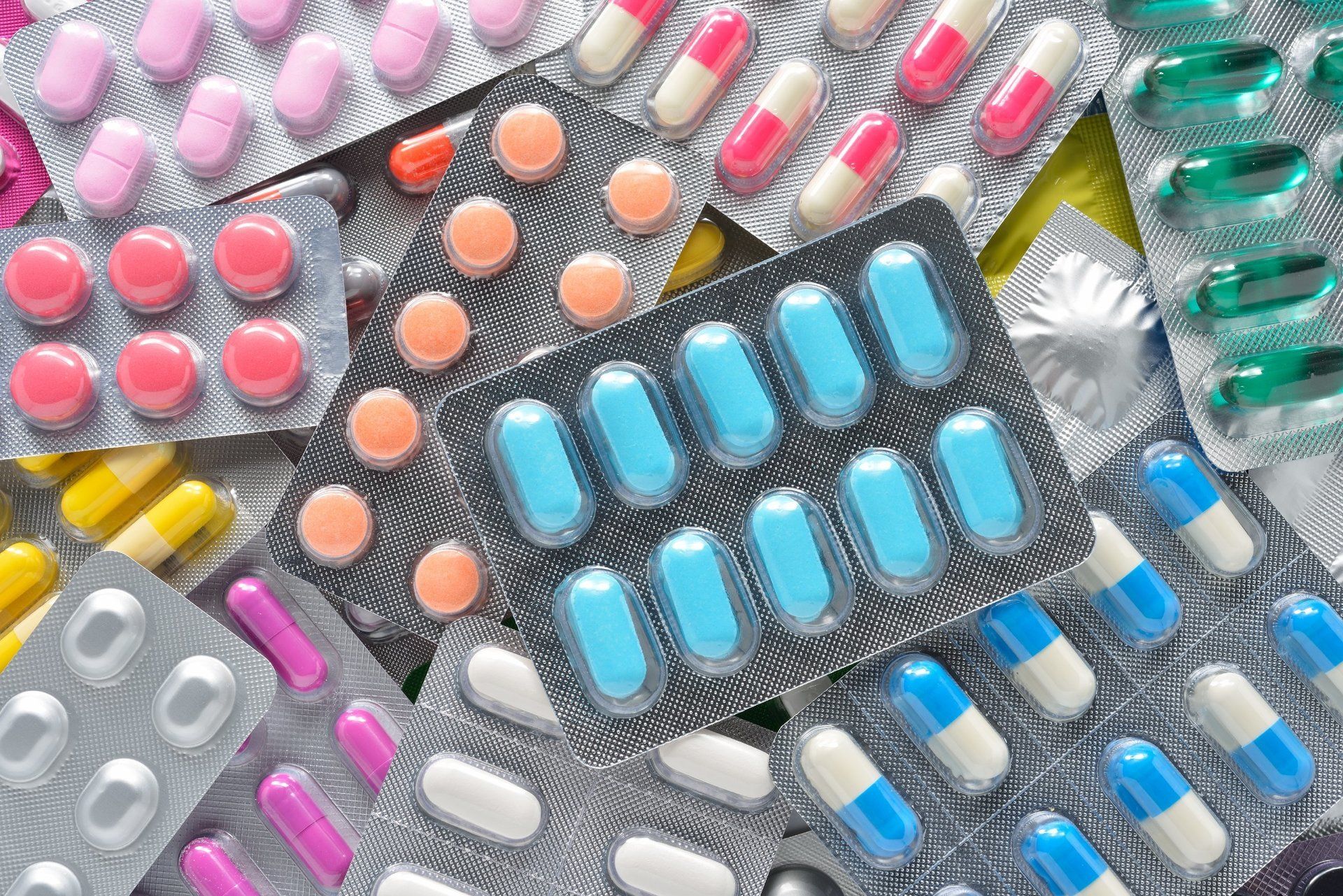
Tranexamic acid (TXA) may be prescribed for some individuals under the guidance of their GP or Haematology for certain indications e.g. to reduce bleeding such as nose bleeds or heavy periods.
It is not a treatment specific for vascular EDS.
Self-Advocacy
Self-Advocacy- It’s a must for anyone who’s managing a serious or rare disease such as vascular EDS and for those who are caregivers. You’ll feel more prepared to self-advocate if you start learning all you can about vascular EDS, especially about how to get access to the medical care you need, and any scans that maybe required such as a CT or MRI.
It is not uncommon for someone with vascular EDS to attend their local Emergency Department only to find that the medical staff have never heard of the condition, they might suggest they know about Ehlers Danlos syndrome (EDS) when in fact they probably know absolutely nothing about the vascular type EDS.
You and/or your caregiver will need to become patient advocates. Advocacy is important because it may reduce the chances of errors, incorrect discharge and harm to a vascular EDS patient. Primarily, nurses may need to speak on behalf of you and/or your caregiver and collaborate with the healthcare team.
Being a self-advocate means learning how to be direct about what you think you may need in terms of your treatment plan. It also means listening and learning from your health care providers, all of whom are experts in their fields. From these discussions, you and your medical team can develop a plan that works for you. Being a self-advocate also means asking for help when you need it.
Be confident, voice your opinion, be firm and be positive.
Call 4 Concern (C4C) - Martha's Rule
The service is coordinated by the Critical Care Outreach Team, which specialises in the care of people who are very unwell and whose condition may be worsening.
The team are available 24 hours a day, seven days a week to support the ward teams by assessing and reviewing patients, as well as offering advice to nurses and doctors on how to manage the patient’s condition.
The 3 components of Martha’s Rule are as follows:
- Patients will be asked, at least daily, about how they are feeling, and if they are getting better or worse, and this information will be acted on in a structured way.
- All staff will be able, at any time, to ask for a review from a different team if they are concerned that a patient is deteriorating, and they are not being responded to.
- This escalation route will also always be available to patients themselves, their families and carers and advertised across the hospital.
Martha’s Rule will help improve both the quality and safety of care for patients whose condition is worsening. Better identification and management of deterioration is one of NHS England’s key priorities in improving patient safety.
The initiative will empower patients, families, carers and staff to ensure that their concerns are listened to and acted upon. It will also empower staff to have the ability to raise concerns outside of official escalation channels, and to ask for additional support if it’s required.
Scotland already had legislation in place before Martha's Rule was introduced in England in April 2024 that allowed patients to request a second opinion and is available in some hospitals in Wales.

Call 4 Concern - Martha’s Rule is a safety service for patients who are being cared for on hospital wards.
It enables patients, families and carers to call for urgent help and advice if they are concerned that a patient’s deteriorating condition is not being adequately recognised by the ward teams.
This service is being rolled out across 143 sites in England.
Patient Advice and Liaison Service (PALS)
The Patient Advice and Liaison Service (PALS) offers confidential advice, support and information on health-related matters. They provide a point of contact for patients, their families and their carers.
How can PALS help?
PALS provides help in many ways. For example, it can:
- help you with health-related questions
- help resolve concerns or problems when you're using the NHS
- tell you how to get more involved in your own healthcare
PALS can give you information about:
- the NHS
- the NHS complaints procedure, including how to get independent help if you want to make a complaint
- support groups outside the NHS
PALS also helps to improve the NHS by listening to your concerns and suggestions.
Last Updated: October 2025
Note: 999 / 111 UK INFORMATION ONLY- Please refer to the emergency phone number relevant to your country. Annabelle's Challenge cannot be held liable in the event of an emergency and the appropriate procedures not being followed and/or the response from the attending ambulance crew and/or the hospital staff.

